Spotlight on our sight word program, and a 6-year-old who shows its importance
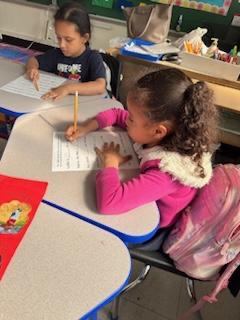
Six-year-old Jismerlyn (center) and fellow student Emma are participants in Literacy Leaders.
Did you know that 60 percent of all the words in print come down to the same 220 words? Those magical 220 words are known as sight words. They are common words that can be difficult to “sound out” (think “could” and “does”); but if children recognize them by the end of first grade, they are well on their way to fluency and being on grade level for literacy.
That’s why The Child Center of NY piloted a sight word program for kindergartners and first graders at seven of our afterschool programs for elementary schoolers. Reaching 280 kindergarten and first grade students, the program helped 76 percent of participants improve their sight word skills, and 60 percent of participants were reading at grade level by the end of the program. This means they are on track to outperform the citywide average of 49 percent in third grade (the first year that standardized testing is administered).
“These results are especially impressive considering our afterschool programs often serve children with the greatest learning barriers in the school,” says Senior Program Director Frances Keogan. “Barriers such as poverty or a family who lacks familiarity with the public school system frequently translate into children starting out their education already behind—and then it can snowball, making the child feel like it’s impossible to catch up. At Child Center afterschool programs, we counteract this by offering targeted academic and emotional support, measuring our results, and scaling up what works.”
Keogan is thrilled that the sight word program is having such a positive effect on children just beginning their academic journeys. “Not only will this help them stay on track,” says Keogan, “but it will also give them a good feeling about school, and their own ability to succeed.”
One first grader who is well on her way is six-year-old Jismerlyn, a student at P.S. 56 in Richmond Hill, Queens, and a participant in the sight words program at The Child Center’s COMPASS afterschool program there.
“Jismerlyn was having a difficult time,” says Assistant Program Director Cesar Guzman. “She struggled with sight words in her first year in the program. She had a hard time advancing to the next level. It’s tough for students like Jismerlyn who may only speak Spanish in the home. But after working with her teacher, Ms. Stephanie, and Ms. Jamelia, our literacy specialist, Jismerlyn began to improve. Ms. Stephanie and Ms. Jamelia make learning fun with different games and by reading books with sight words in them with the students. Over the past few months, Jismerlyn has improved greatly! She knows all 190 sight words and has surpassed grade-level expectations for her sight word knowledge as a first grader. She is well on her way to being able to read at or above grade level by third grade, which is an important predictor of school success and high school graduation.”
The sight word program is the first part of a suite of literacy initiatives The Child Center offers through our afterschool programs. Once sight word recognition has been achieved, our literacy initiative continues with Ready Readers for second and third graders. Ready Readers focuses on highly engaging grade-level texts and read-alouds that get students excited about reading.
“We are so proud of our Literacy Leaders and Ready Readers teams, and all they are doing to help children begin their literacy journeys on the right foot,” says Nicholas Ferreira, Senior Vice President of Youth Development at The Child Center. “These programs and children like Jismerlyn stand as testament to the fact that with the right support, children of any background can achieve academic success and thrive.”
Read this Q&A with Jismerlyn to see what she likes about the Literacy Leaders program and learning to read.
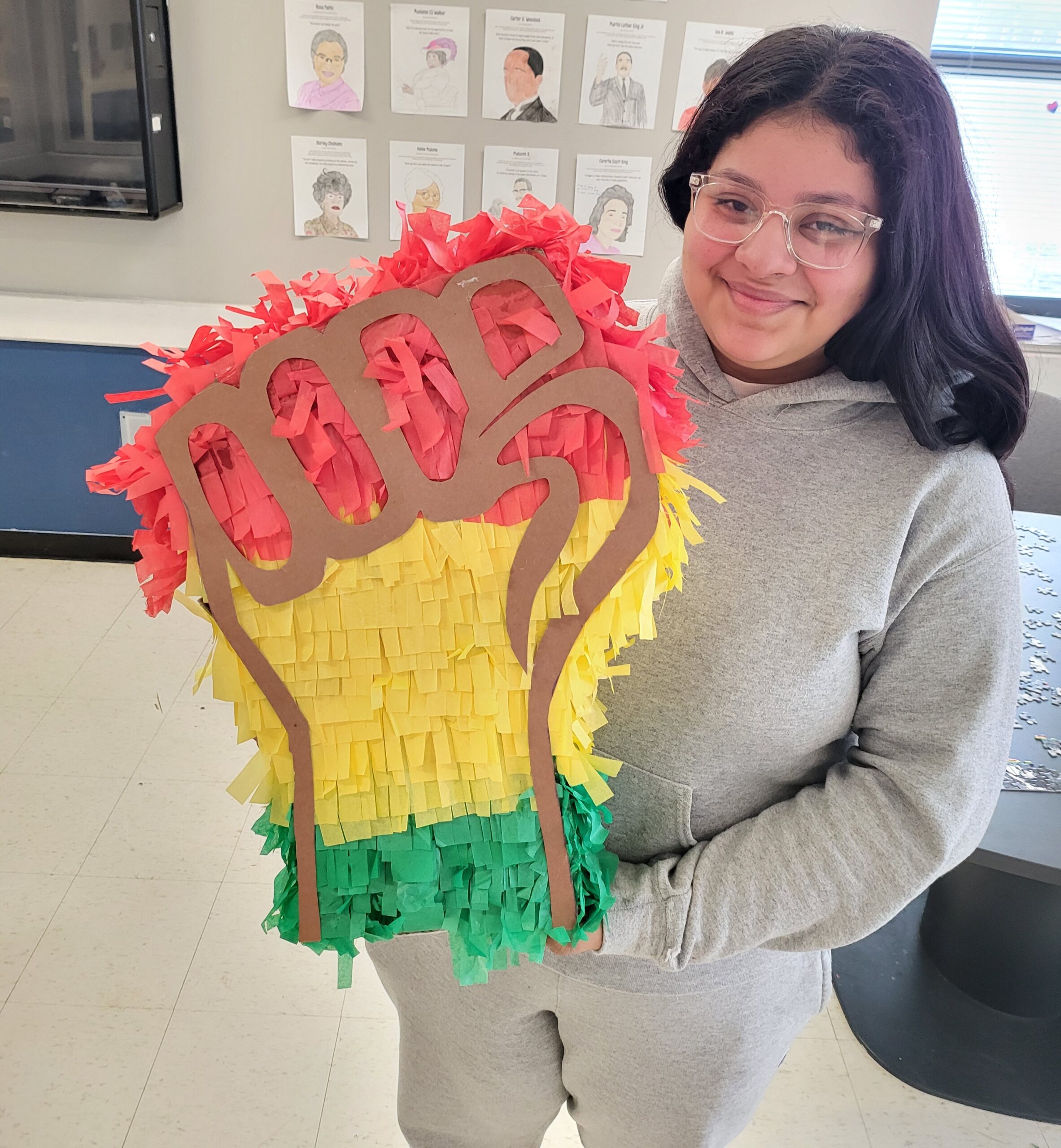 The youth of The Child Center of NY marked Black History Month in ways that showcase their creativity, insight, character, and potential.
The youth of The Child Center of NY marked Black History Month in ways that showcase their creativity, insight, character, and potential.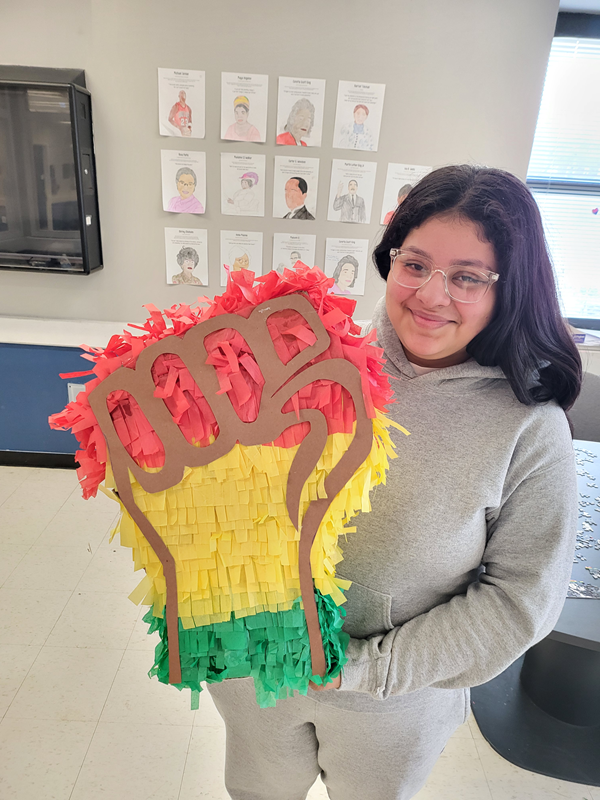
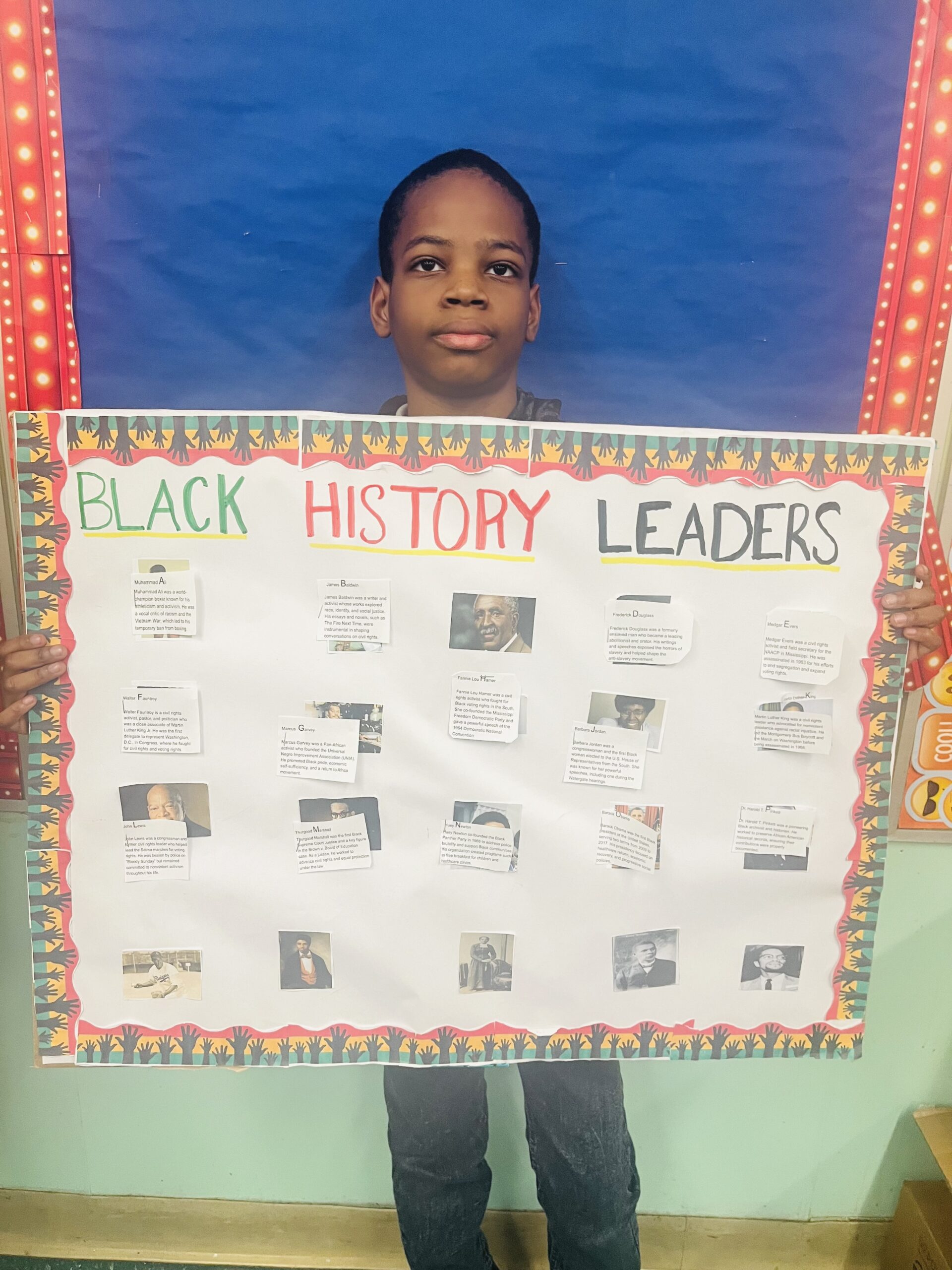
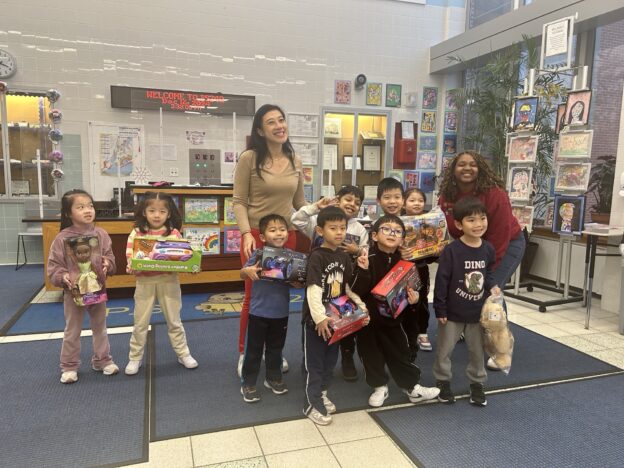
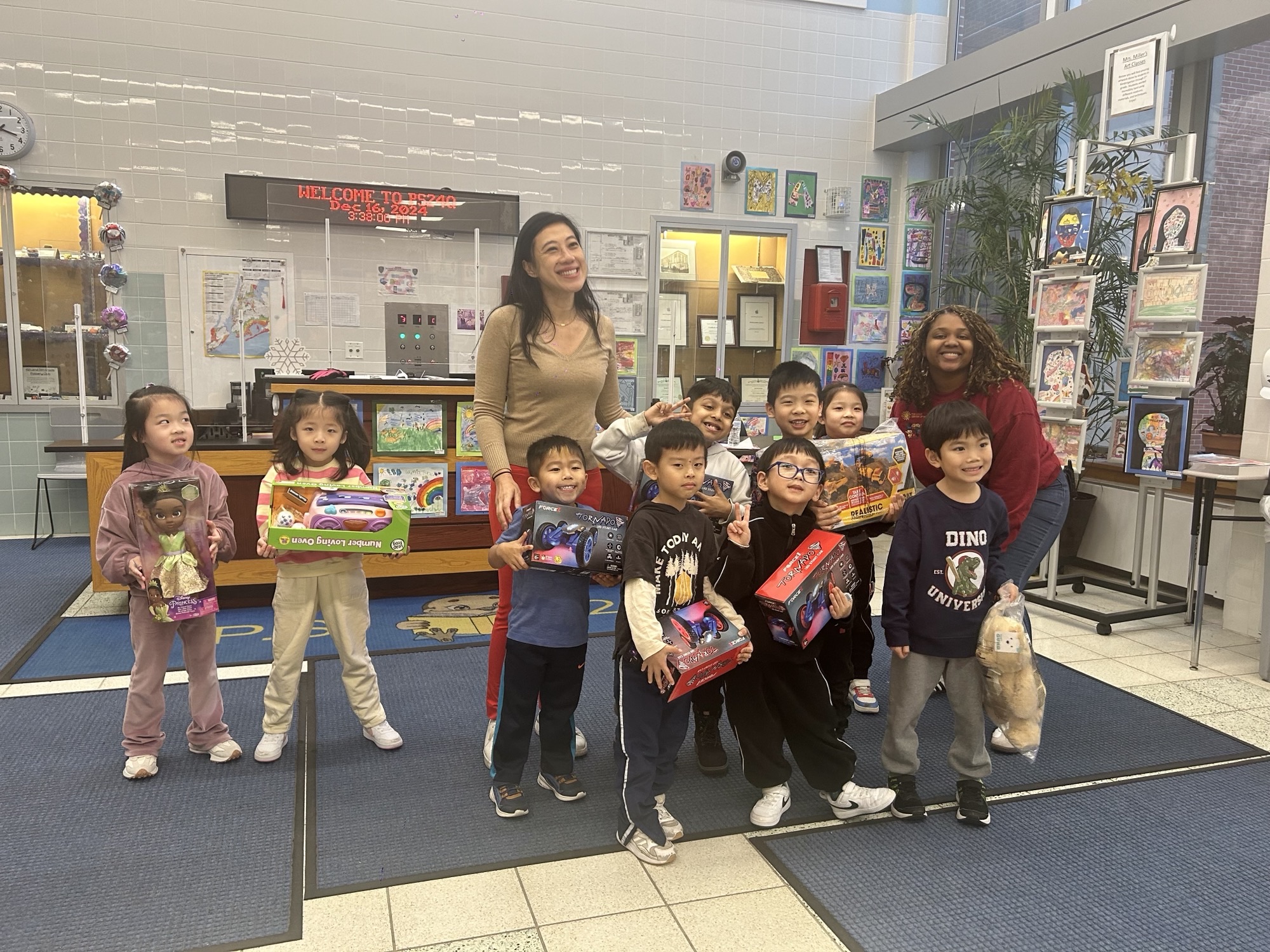
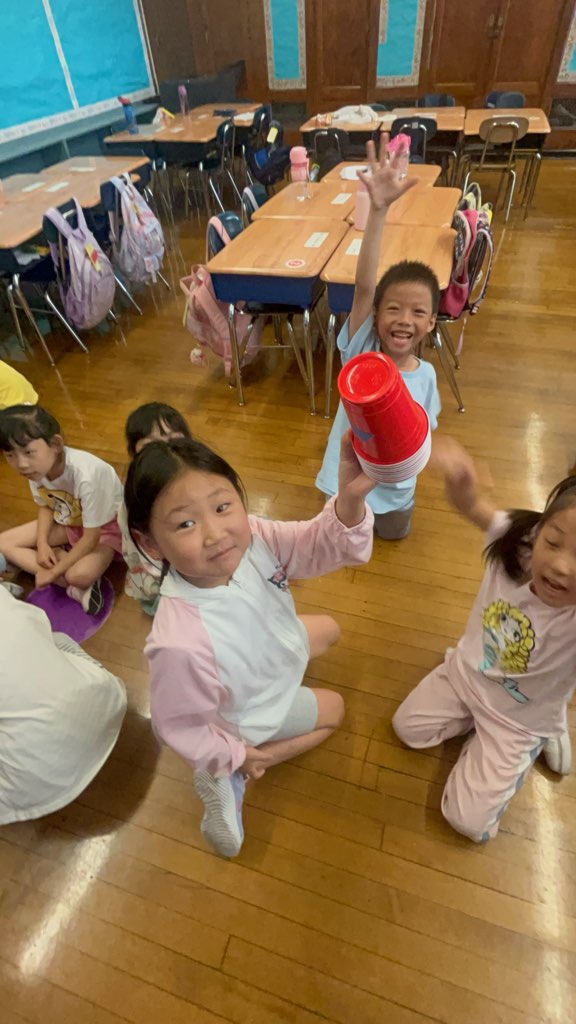
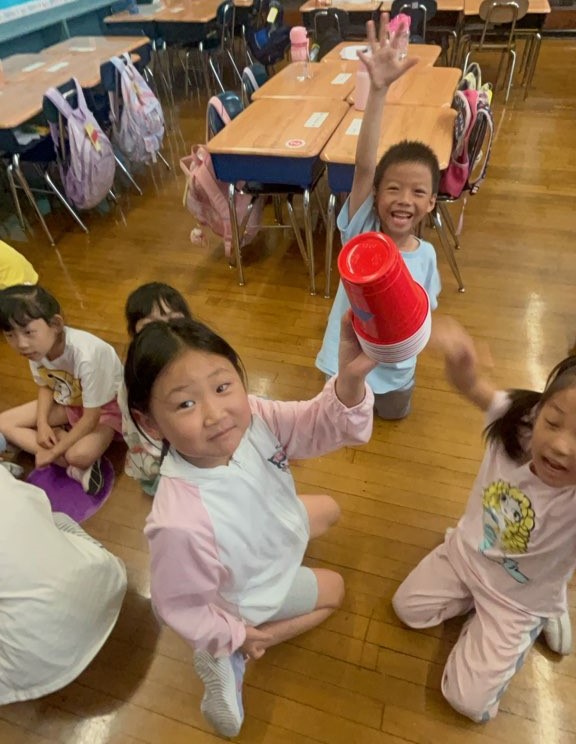
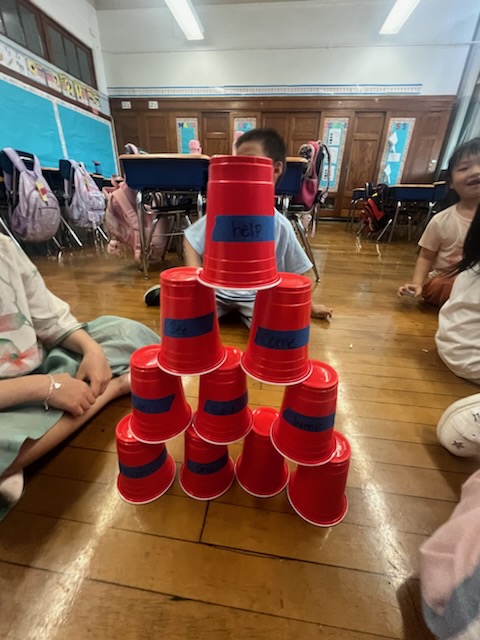
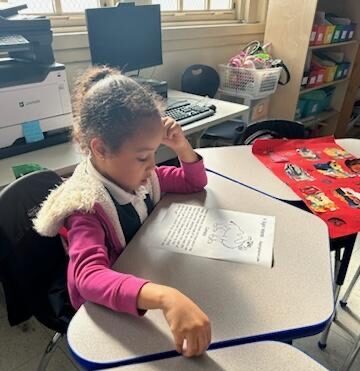 Jismerlyn is a first grader in
Jismerlyn is a first grader in 
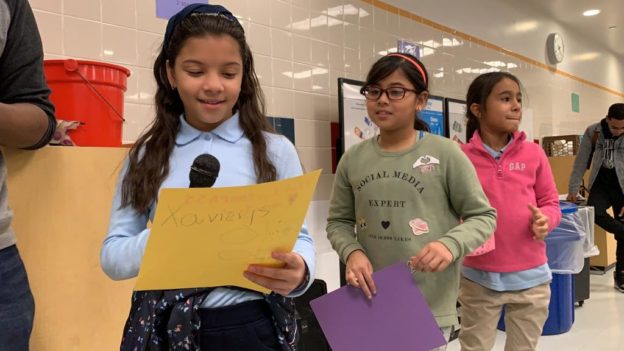
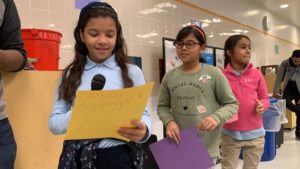 By Manisha Singh
By Manisha Singh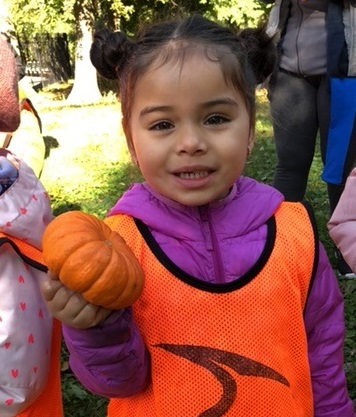
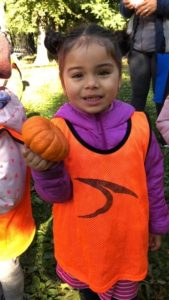 Autumn is such a special time in New York City—especially for children. With the fall foliage, turning of the weather, and spirit of renewal and new beginnings, The Child Center of NY’s
Autumn is such a special time in New York City—especially for children. With the fall foliage, turning of the weather, and spirit of renewal and new beginnings, The Child Center of NY’s 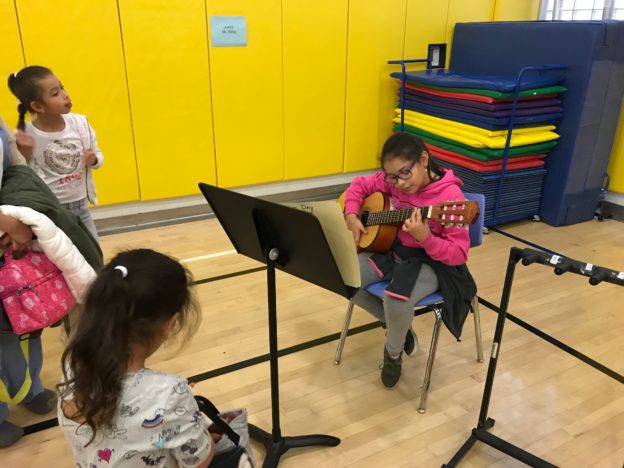
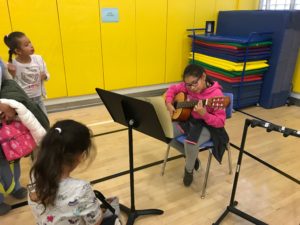
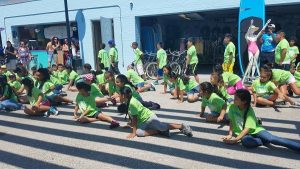
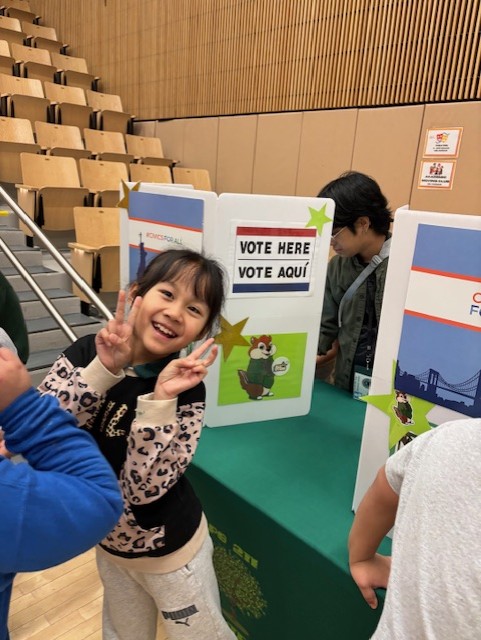
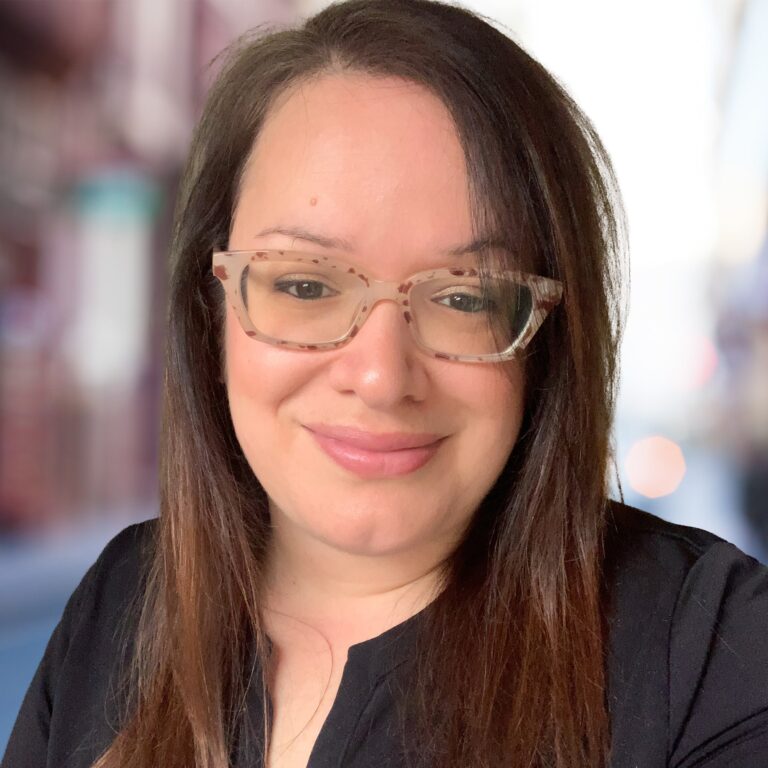
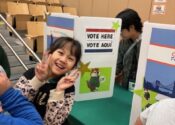



You must be logged in to post a comment.